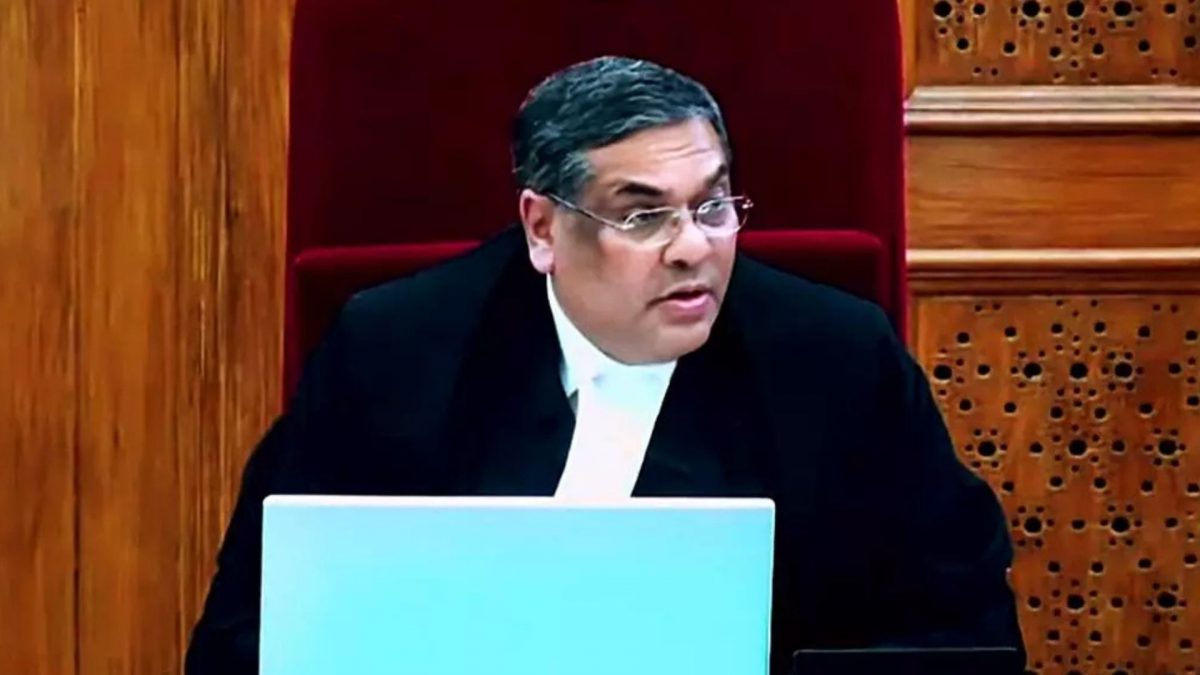Chief Justice of India (CJI) designate Sanjiv Khanna’s primary aim after taking oath on November 11 would be to reduce pendency and speed up justice delivery in the Supreme Court.
A report by The Times of India quoted a source in the apex court as saying that Justice Khanna, who will be the 51st CJI, has already started the process, in consultation with colleagues, “to improve the existing mechanism to decide cases pending for years."
With a short tenure of a mere six months and three days, Justice Khanna wants to focus on the pendency of cases before the SC, which has surpassed the 82,000 mark.
The report further said that in his interaction, Justice Khanna noted that a large number of people keep rushing to the SC with writ petitions and PILs, which took up considerable judicial time of the court.
Justice Khanna is related to Justice Hans Raj Khanna, who nearly fifty years ago, was unceremoniously replaced. Justice HR Khanna bravely defended citizens’ rights during the Emergency, standing firm against the power of the Union government.
In fact, HR Khanna is renowned for propounding the basic structure doctrine in 1973 and is particularly remembered for his minority judgment in the landmark ADM Jabalpur v. Shiv Kant Shukla habeas corpus case during the 1975-1977 Indian Emergency.
Impact Shorts
More ShortsJustice Sanjiv Khanna himself experienced a long journey to becoming a judge of the Delhi High Court, receiving his appointment only after three prior recommendations from the collegium were ignored.
Justice HR Khanna, highly respected, had indirectly indicated he would not advocate for Justice Khanna’s appointment.
Justice Sanjiv Khanna’s father Dev Raj Khanna, too was a former judge of the Delhi High Court. Additionally, he serves as the ex officio executive chairman of the National Legal Services Authority.
As per reports, in 2005, when the President signed Justice Sanjiv Khanna’s appointment as a Delhi High Court judge, the then-Chief Justice BC Patel had called Khanna to ask him to take the oath the following day. At the time, Justice Sanjiv prioritised his family over career.
Justice Sanjiv Khanna, who was driving his WagonR, just a few kilometers from his ancestral home in Dalhousie, parked on the roadside and informed Justice Patel that he wouldn’t change his plans. He returned to Delhi after four or five days and took oath on June 24, 2005.
On October 17, CJI DY Chandrachud, who will retire on November 10, had recommended Justice Sanjiv Khanna as his successor in office.
)